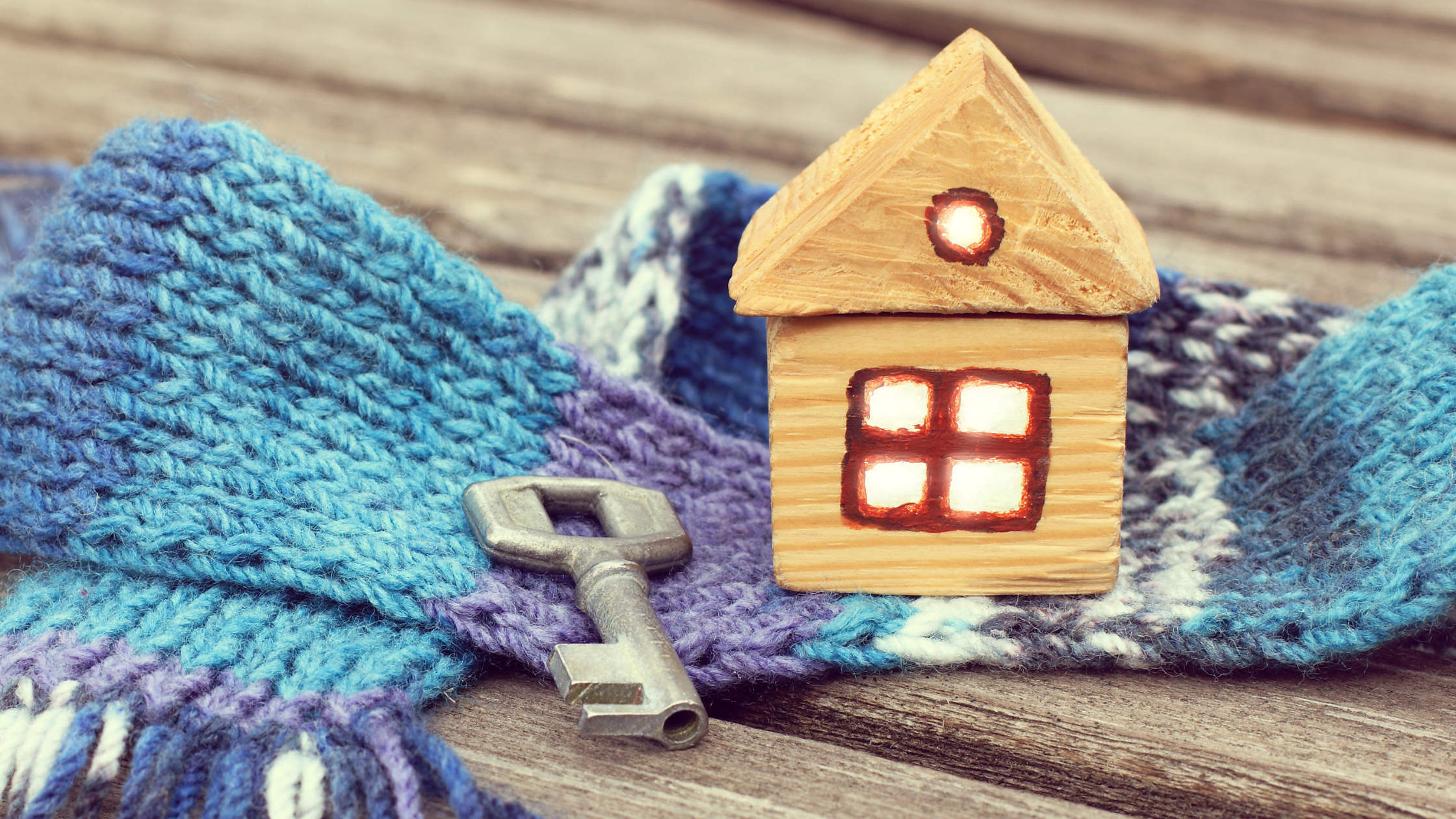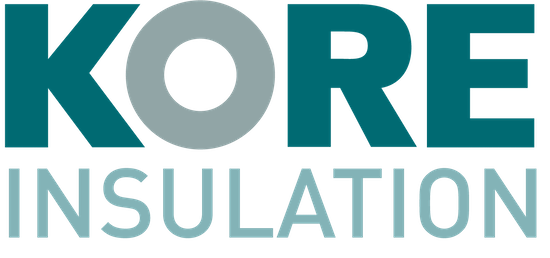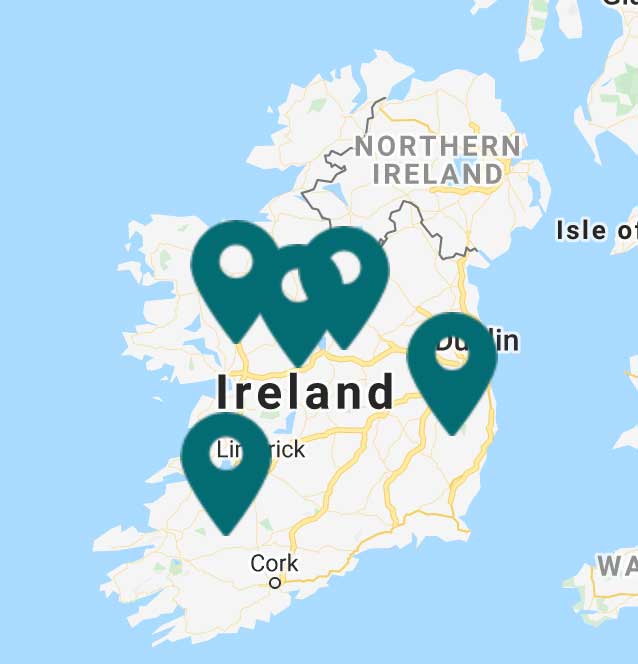
While the warmer weather may still be upon us, it’s never too early to start thinking about preparing your home for the colder weather. Getting your home ready for the autumn and winter months is a great way to protect your investment while ensuring your family is comfortable when the temperatures drop. In our latest post on the KORE Blog, let’s take a look at how to prepare your home for the winter weather without breaking the bank.
1. Service your home’s boiler or heat pump
Beat the queue and have your boiler or heating system serviced during the summer months. Most homeowners aren’t thinking about their heating system while the weather is warm, so the wait should be short and you may even find specials or discounts to help reduce the price. You can expect most boiler servicing to cost between €80 and €100, depending on where you’re located and the time of year.
Make sure you choose an experienced and qualified technician. For gas boilers, technicians should be registered with the Register of Gas Installers of Ireland.
Servicing your home’s heating system will ensure it continues to operate efficiently. This includes replacing parts that may be at the end of its useful life, and ensuring the air-to-fuel combustion ratio is still within specification. The technician should also check for leaks and overall performance of the heating system, including testing for carbon monoxide leaks.
Servicing your home’s heating system should be on your list of things to do every year. It will ensure the system is in top running condition and help catch any minor issues before they turn into major problems.
If you’re interested in upgrading your home’s heating system, look into our Electric Ireland Incentive or the Better Energy Homes Scheme for grants and discounts.
2. Prevent chimney fires
If your home has a fireplace or stove, it’s recommended that you have the chimney inspected and cleaned consistently, as it’s the only way to prevent chimney fires during use. Most recommend having the chimney inspected and swept before the cold weather hits, and once again during the middle of the heating season. Routine chimney cleanings help to remove debris that may have accumulated (i.e. bird nests) and soot from burning various fuel types. The more often you use your fireplace, the more often you should have it inspected and cleaned.
A regular chimney sweep may cost as low as €50, but prices can vary depending on the time of year and your location. Make sure to only hire someone with the necessary training and experience to get the job done right.
3. Keep out cold draughts
Draught proofing your home is one of the easiest and least expensive things you can do to help keep cold air out and warm air in. Make sure to draught proof any gaps around your home’s windows and doors. You can purchase draught proofing strips from a variety of hardware retailers, or through the KORE Online Store. Draught proofing brushes are perfect for the bottom of timber doors, and you can seal up your home’s letterbox with letterbox double brush covers. Draught proofing products install easily and can be done as a DIY project while the weather is still warm. Many insulation installers can also install draught proofing solutions at the same time new insulation is installed, as part of a whole-home solution.
4. Insulate water pipes
Insulating hot and cold water pipes is a great way to save energy heating hot water and preventing water pipes from freezing during cold spells.
Insulating hot water pipes can raise water temperature, allowing you to turn down the temperature to save energy. Pipe insulation can also keep water hotter for longer periods of time, meaning your boiler won’t have to work as hard to achieve the same temperature. The return on investment for pipe insulation is short and can easily be installed as a DIY project, or as part of a whole-home insulation solution.
Cold water pipes should also be insulated to prevent freezing during cold weather. Burst pipes can end up costing thousands of euro worth of damage, so it’s best to prevent pipes from freezing in the first place. Your home’s cold and hot water tanks should also be insulated at the same time pipe insulation is installed.
If you live in an older home, like a home built before 2006, it’s a good idea to check both the thickness and condition of any existing insulation. Many older homes in Ireland lack the proper levels of insulation in the attic and external walls. Luckily, there are grants and incentives that can help signficantly reduce the cost of upgrading these measures in your home.
SEAI’s Better Energy Homes Scheme offers cash grants for a wide variety of measures. Your home must have been built before 2006 to qualify, but the scheme is not means-tested. You can choose from a variety of insulation contractors that are registered with SEAI to offer the grants, but it’s still important to shop around for quotations as the price may vary. Most contractors will assist you with the grant paperwork, and it’s important that you receive approval before the installation begins. You can learn more about the Better Energy Homes Scheme on the KORE website.
KORE also offers an Energy Efficiency Incentive with Electric Ireland that can be combined with the Better Energy Homes Scheme. This incentive offers discounts on your gas or electricity bill as long as you are an Electric Ireland customer. You may also switch providers to take advantage of this incentive at any time. You can see if you qualify for the Electric Ireland Incentive here.
If you own a home built before 2006, and are in receipt of either Fuel Allowance, Jobseekers Allowance for more than 6 months with a child under 7 years of age, Family Income Supplement or One-Parent Family Payment, you may qualify for free insulation upgrades under SEAI’s Better Energy Warmer Homes Scheme. There is no cost as long as you fully meet the requirements of the scheme. You can learn more by visiting the KORE Warmer Homes Scheme website.
If you’re interested in upgrading other areas of the home in addition to insulation, there may be grants or discounts available to help reduce the cost, as well. Measures such as full window and door replacement, heating control upgrades, solar water heating systems and stoves for space heating may be available under the Electric Ireland Incentive and Better Energy Homes Scheme.
Reduce your home’s energy usage
Not only will these simple measures help to reduce your home’s energy usage, some measures will also help reduce your greenhouse gas emissions, and contribute to helping Ireland reach its climate targets. You’ll enjoy a warmer home during the autumn and winter months, and live in a healthier indoor environment no matter the time of year.

